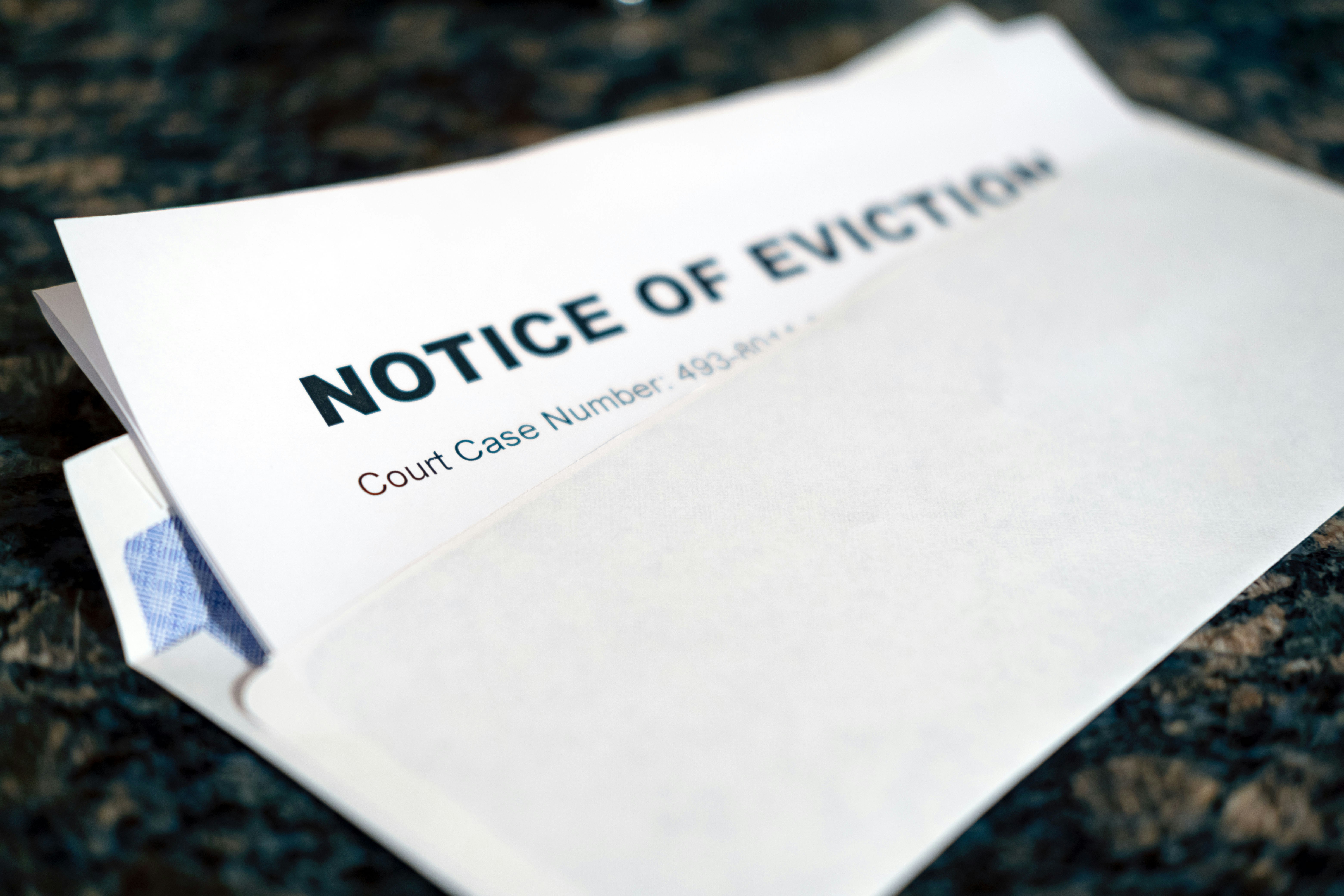A single mom in Durham, N.C., struggled to evict two guests from her Airbnb rental property when they refused to leave. Was she within her rights to have them evicted? Or can they claim squatters’ rights?
The Squatters Wouldn’t Leave
Farzana Rahman felt fortunate when a couple booked her two-bedroom, two-bath Airbnb property for seven months. They paid the fee for the long-term booking, which lasted from Oct. 25, 2023, to May 24, 2024.
But when it was time for them to leave, things did not go as expected. At checkout time, the cleaner came to clean the property to find the couple still occupying the unit. They told her not to come back.
The cleaner also found a note on the front door that said, “No trespassing. We will vacate the property when you have filed the proper paperwork with the civil magistrate for eviction, for we are legal residents of this home. If you try to enter, we will press charges for violation of expectation of privacy.”
Basically, the couple claimed squatter’s rights.

Rahman Fights Back
Rahman took action to get her guests out of her property. First, she reached out to Airbnb for advice. The staff advised her to work with law enforcement to remove the squatters from her home. When the police could not get them out, she took legal action.
The mother’s only option was to give the couple an eviction notice. “I think they’re just trying to gain time to stay there for free,” Rahman noted.
What are Squatters’ Rights?
According to Squatters Right, a person must live in a property for a certain number of years before they can legally claim it as their residence. In North Carolina, this requirement is 20 years.
Here are some other rules that apply.
- Actual Possession: The squatter must be physically present on the property and treat it like it’s their own. For example, they may care for it and beautify it.
- Open & Notorious: The squatter must openly occupy the property and cannot hide the fact that they are living there.
- Exclusive Possession: The squatter cannot share possession with anyone else.
- Hostile Claim: In this sense, hostility does not involve violence. Instead, the squatter claims the land without the owner’s permission.
Holdover Tenants or Squatters’ Rights?
The people who refused to leave Rahman’s property are not exactly squatters. They are holdover tenants, individuals who refuse to leave their rental properties after their lease has expired.
If the landlord accepts the tenants’ payments, they become ‘tenants at will.’ They can continue to live on the property under the existing terms and conditions, but the landlord can evict them at any time without notice.

However, if the landlord refuses to accept the tenants’ payments, they must leave. The landlord can file an unlawful detainer lawsuit if they refuse to leave. The tenant will be forced to leave and unable to make an adverse possession claim.
Although the settlers on Rahman’s property are technically holdover tenants, squatters’ rights apply in that they must occupy the property for 20 years to claim it as their own. They had only been there a few months, so they didn’t have a strong case.
Rahman’s Eviction Win?
News stories reveal that Rahman secured an eviction. Although her Airbnb guests did not appear in court, they still had ten days to appeal. Consequently, Rahman had to wait an additional week and a half for them to leave.
Rahman also worried about the state of her property. “I don’t know if they have vandalized the place or not, no idea. We will only find out when they leave,” she said.

